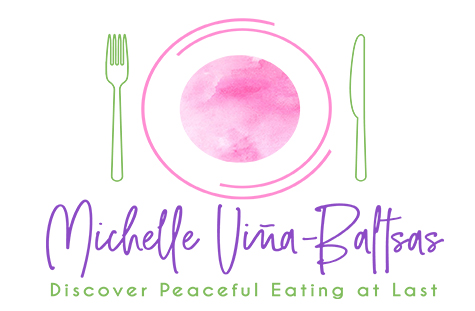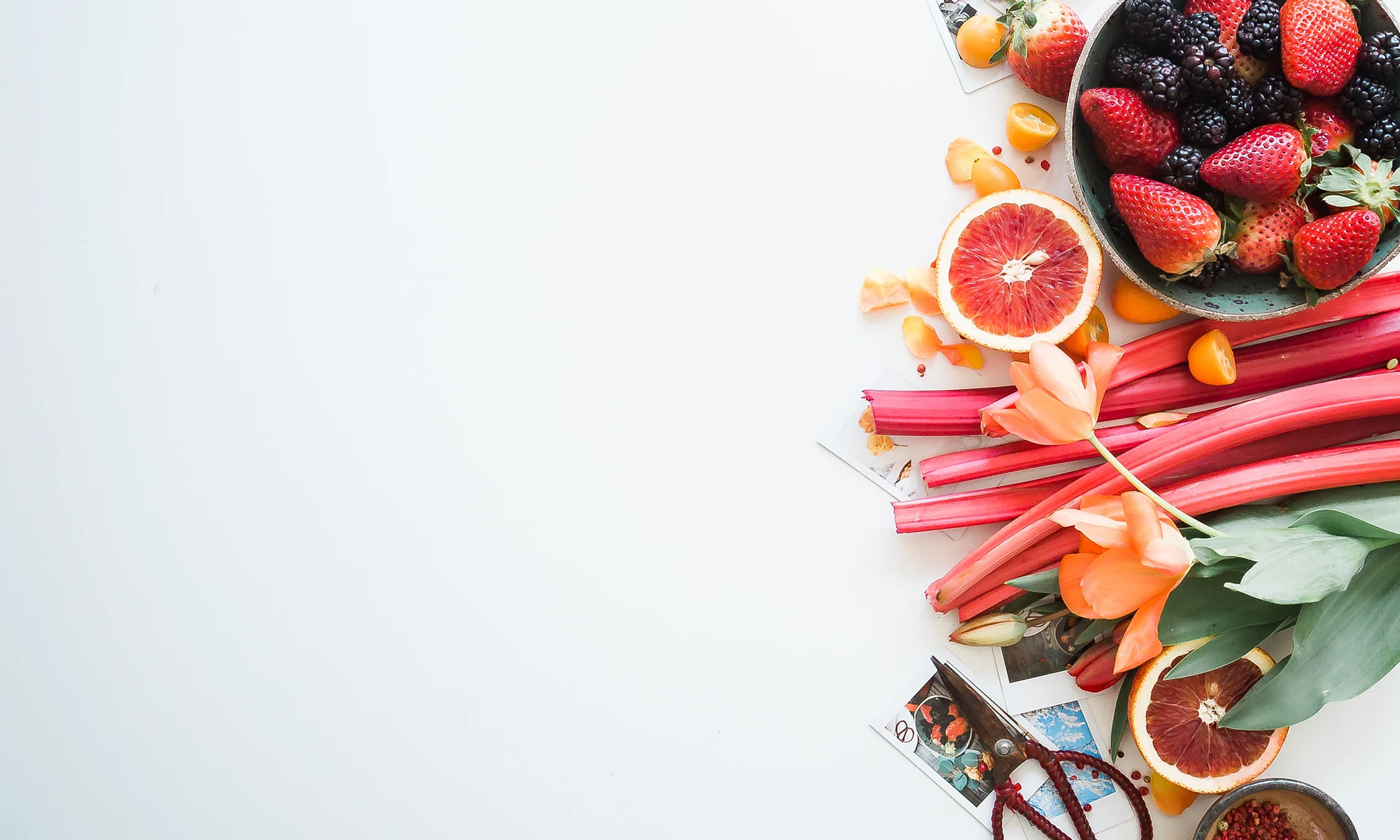Healing body, food, and movement relationships are nuanced. However, one of the things that I can honestly say all my clients struggle to embrace is self-compassion.
Renowned self-compassion researcher, Dr. Kristin Neff, defines self-compassion as the act of turning compassion inward. Compassion is the ability we all have to show empathy, love, and concern to those who may be experiencing difficulties. Many of us are compassionate toward others but struggle to do this consistently with ourselves.
For many, practicing self-compassion is like learning a new language. It's hard, clunky, and doesn't come naturally. I know I felt that way when I first started to develop my self-compassion practice!
Cultivating a self-compassion practice is essential for healing because it helps us meet ourselves where we are without judgment. This journey has many ups and downs and without kindness, empathy, and forgiveness it would be nearly impossible to experience the many benefits of healing.
Instead of mercilessly judging and criticizing yourself for various inadequacies or shortcomings, self-compassion allows us to be kind and understanding when confronted with personal failings. So when we repeatedly eat past fullness, aren't engaging in consistent movement even though we know our bodies crave it, and aren't making self-care a priority, we can give ourselves support and encouragement rather than being unkind and judgmental.
Over the years many clients have shared why they struggle with self-compassion. I'm sharing some of these reasons here.
Blame game - Even though many have read the books, listened to well-known anti-diet podcasts, and been at this for a while, they still blame themselves for their bodies changing, especially if they have gained weight since they quit dieting.
Modeling - Self-compassion wasn't modeled for them when they were growing up so practicing it doesn't come naturally to them. While self-compassion isn't something new, there wasn't as much emphasis on it in years past. If you're over 50, I'm sure you'd agree that 'tough love' was a more popular approach in our formative years.
Fear - Many fear that if they're 'too' self-compassionate they'll become 'lazy', self-indulgent, undisciplined, and unproductive. They’re afraid if they’re too soft on themselves, they’ll let themselves get away with anything. If you live in the U.S. you know that our country is obsessed with 'producing' and 'to-do' lists so stepping away from this model is not easy. This can be especially challenging for those who tie their self-worth to their to-do lists too!
Resistance - Studies show that there is often resistance to learning new things, especially when it benefits our personal growth. That's because the subconscious mind is very powerful and when we attempt to break up its normal patterns, there will be pushback!
Conditioning - Many are still conditioned to believe they should be 'strong' and maintain a “stiff upper lip” mentality even when they are in pain or experiencing discomfort. This is especially true for women who don't want to be accused of being 'high maintenance' or 'too much'.
Research undeniably shows that self-compassion enhances motivation, decreases depression and anxiety, decreases fear of failure, and encourages people to set personal goals because they know when they make mistakes they'll be met with kindness rather than criticism.
Now can you see how important self-compassion can be in this journey?
You may be saying, "Yeah, that's all fine and good but it's still hard to practice it!"
If that sounds like you, I'm not disagreeing with you! I KNOW it's not easy, however, it is still possible. Most if not all of my clients never imagined they'd be able to stop/diminish their habitual self-criticism but after coaching they were able to confidently begin dismantling their blame, fear, resistance, and conditioning to create new lives for themselves. It is truly amazing what happens when we are given a non-judgmental space to share and safely rebuild our beliefs.
Do you struggle with self-compassion? If you do, know that you're not alone and you don't have to do this alone.







